A recent death in the family has, once again, brought into sharp focus thoughts of my own mortality. I don’t know whether or not my uncle was a religious man, I just know that he’ll be missed. And, for me, being missed; the act of remembrance, is enough. My uncle… and me, when it’s my turn… and all of us, in due course; will live on in the hearts and minds of the people who knew and loved us. Being an atheist, this knowledge is enough for me to be at peace with the concept of my death.
The reason I’m taking this opportunity to write about being an atheist is that it ties in with comments I’ve received on the things I’ve recently written, about my dealings with cancer. These comments are mainly responses to my posts on Quora and are, almost without exception, heartfelt and well meaning. They are also very much appreciated by me, although I don’t always know the right way to respond.
Which is why I thought I’d write about it here, and now. To explain; while I’m grateful for your prayers, I’m unable to embrace your religion or God(s).
As a child, I don’t ever remember believing in God. Our household was loosely defined as Church of England, in so far as whenever documents asked for my parent’s religion, they’d put C of E. As such, the God I don’t remember believing in, was the Christian God. Of course, I didn’t believe in any of the other available Gods, either, but I wasn’t even aware of most of them.
I read that only one in twelve people move away from the religion they were brought up in. Being an atheist after such a low-key C of E upbringing, doesn’t make me feel like part of that 8(ish) percent. I remember being sent to Sunday school a couple of times when I was around 10, but I think that this was more a opportunity for mum and dad to have some peace and quiet, than an attempt to increase my faith… As such, I didn’t really have much religion to move away from; being an atheist in later life was almost inevitable.
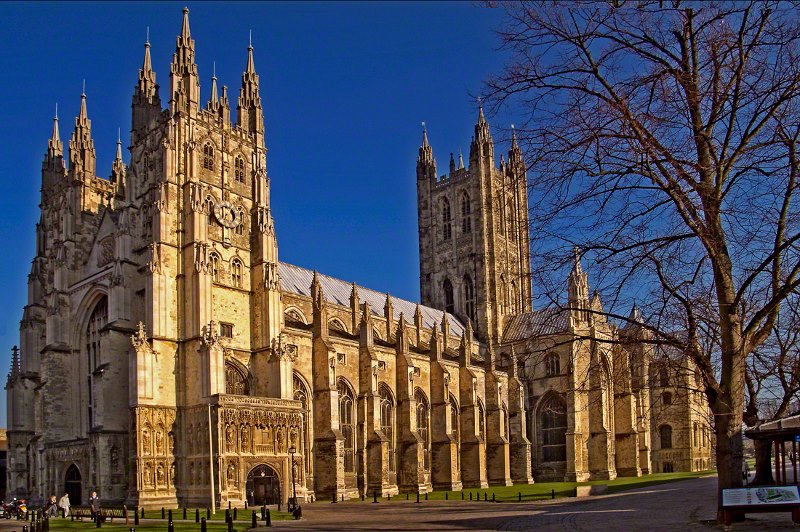
By the time I went to University, I’d reached the point where I imagine I’d be described as a ‘militant atheist’ in today’s terms. Which is to say, when someone brought up their faith in God, and asked why I didn’t share it, I’d answer. This seemed perfectly fair, at the time, because they were discussing their side, so I discussed my own. The problem was, and, I imagine, still is; if you shake the faith of someone who is religious, it is hurtful to them. Whereas atheists have very little invested, making this type of discussion a very one sided affair.
I learned this the hard way, shortly after starting Uni, while still living in the Halls of Residence. Somehow, a northern Marxist lad and I ended up in the room of a Spanish Catholic lass, chatting about religion. She was having to try and defend her faith, in a second language, as the two of us picked holes in it. I saw her getting upset and watched as the northern lad drove home his latest point, and realised that it wasn’t right. So, I gathered him up and we all went our separate ways. I don’t really remember seeing either of them again. But one thing has stayed with me in the 28 years since; don’t try and make people question their religion.
I must confess, though, that there was one other time I came close…
It was about eight years later, in Cyprus on our annual camp with the Territorial Army. There was a parade, in the blazing sun, and the Chaplain was doing his bit. He was droning on about it being fine for him to try and convert us to Christianity, but that it was wrong for atheists to try and shake people’s faiths. Now, while I agreed with the second part, the first seemed very much like double standards.
But what was really annoying me was that people were passing out from the heat, as we stood in ranks listening to him have his cake and eat it. Which is exactly what I was explaining to him later that night, when I was somewhat tipsy, during a social event. Mind you, he was a Captain, and I was a Lance Corporal, making it a recipe for disaster. Which is probably why Julie dragged me away from the conversation…
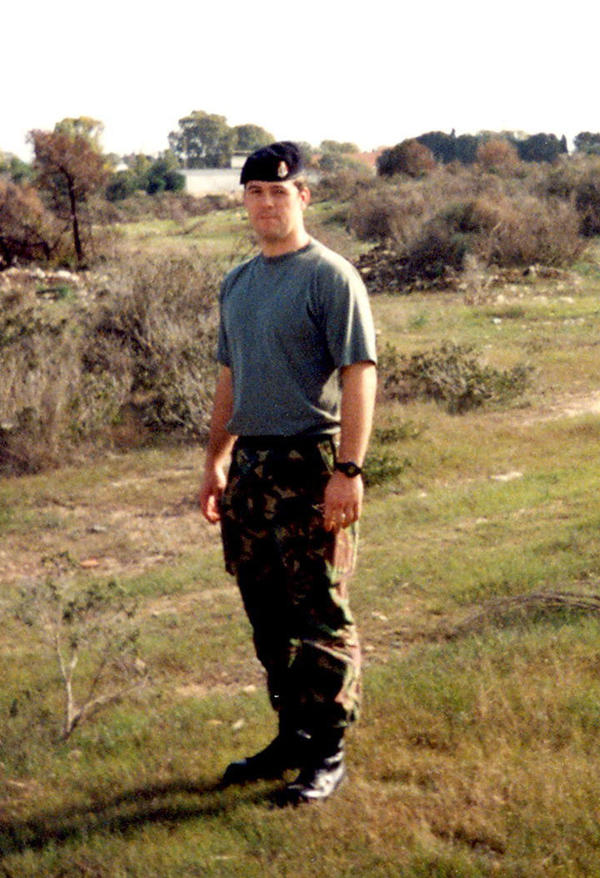
Since then, for me, being an atheist has meant quietly not believing in anything.
The word atheism literally means, ‘without belief in the existence of God(s)’. It’s from the ancient Greek. The ‘a’ prefix means ‘without’, as in: asexual; atonal, or; amoral. The ‘theism‘ aspect relates to the belief in the existence of God(s).
An atheist is simply a person for whom atheism is their reality.
A great many people try to hang an awful lot of labels onto the word, atheist. It’s not for nothing that I included ‘amoral’ as one of my examples! The truth is, though, that’s there’s nowhere to hang these labels: being an atheist has only one meaning: someone with a lack of belief in Gods. Which isn’t to say that atheists don’t hold other positions alongside their atheism. Most do. I’m no exception.
For me, being an atheist isn’t just the lack of belief in Gods and religions. It’s that I shouldn’t need to believe in anything. If I have to believe in something, then that means I don’t know the answer. If I don’t know an answer, I prefer to say, ‘I don’t know’.
This, quite quickly these days, leads to me getting told that I’m an agnostic. Apparently, it seems, being an atheist means you have to know that there’re no Gods. However, my argument is that because you can’t know there are no Gods, saying that you do know this requires belief. And I no more believe that there aren’t Gods than I believe that there are.
As far as I’m aware, there are no Gods. There are no deities. And I don’t see my position on this changing before I die. But to say that there definitely aren’t any Gods, without proof, requires belief in that position. And that simply doesn’t work for me.
It’s the same with some really important aspects of science, particularly the Big Bang and Evolution.
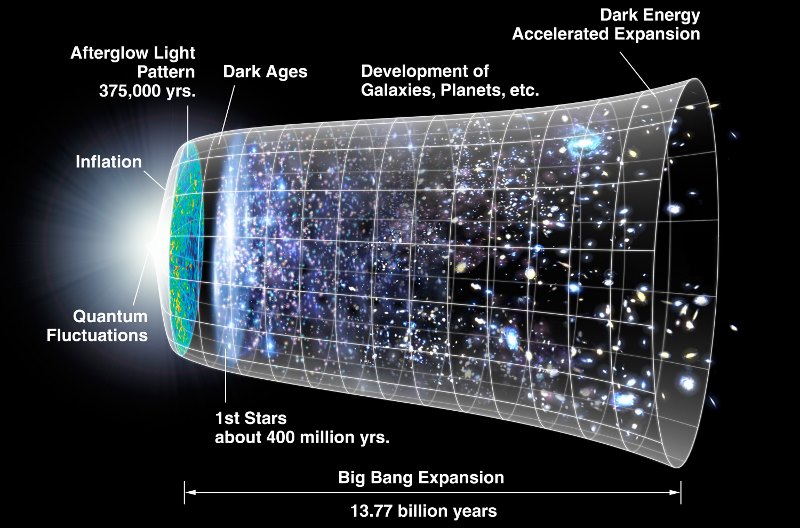
Take the Big Bang, for example. I’m perfectly willing to accept that it happened, nearly 14 billion years ago, because the maths fits nicely. I’m also perfectly happy to accept the First Law of Thermodynamics, which roughly means that energy can’t be created or destroyed. As such, I can’t accept the basic premise of the Big Bang being: first there was nothing, which exploded. If we’re going with that, we might as well change the name to, the Grand Originating Detonation (GOD for short).
I’ve do doubt that something triggered the Big Bang and I’m equally content to say that I don’t know what it was. Do I think that it was any form of God, as worshiped on Earth? Nope! Do I think that it could have been triggered by a sufficiently advanced species, such that we would consider their technology to be God-like? Absolutely!
What I actually like to think is the following… That our universe is a four dimensional blister, attached to the side of the M-dimensional universe, proper. It doesn’t matter whether the proper universe has 10, 26, or however many dimensions; it has many more than ours. And that’s why we can’t make our maths and physics work like they’re supposed to. And why we’re having to have concepts like Dark Matter and Dark Energy to explain the observable universe. But more on that in a bit.
And as for Evolution, well…
Everything after the single celled organism, I’m fine with. Evolution is a beautiful concept that explains just about everything. Everything, that is, from the single celled organism to the wonderful diversity that’s alive today. Getting that single celled organism, however, is problematic. Mathematically speaking, given the available time and the available volume, there was virtually no chance on Earth of getting from primordial soup to single celled organism.
Yet, here we are.
My problem is the scientific ‘solution’ that I, all too often, see being used to justify this. The solution goes; sure the theoretical probability is vanishingly small, but, look around you; the actual probability was 1 (as in, a certainty). I’m pretty sure I read something along these lines in one of Richard Dawkins’ books as well.
One of the arguments for God’s existence that is considered very weak is: look around you; all this exists, therefore God. This is equally weak when scientists and atheists say: look around you; all this exists, therefore evolution (abiogenesis on Earth).
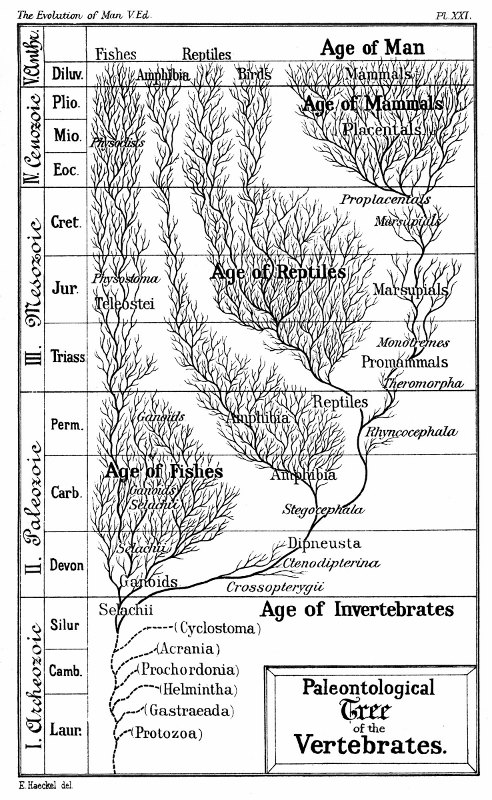
By Ernst Haeckel – Erst Haeckel, Public Domain, https://commons.wikimedia.org/w/index.php?curid=4246342
And, yes, we are all here. It is all here. But I need something better than belief.
My own theory is that we’re going to need a bigger boat. Or, at least, a bigger, longer-lasting volume of primordial soup. Something like a nebula…
Amino Acid chains, the building blocks of life, are known to exist in nebulae. And the Earth has done four laps around the Milky Way every billion years or so, for the last four billion years. Which has repeatedly put the planet in the vicinity of some interesting nebulae. Add to this that the Earth is endlessly being hit by chunks of ice, somewhat charmingly described as ‘cosmic snowballs’, and now we’re getting somewhere.
Cosmic snowballs mop up proto-life on the way through a nebula and crash into Earth. This would have been back when the atmosphere of Earth was very thin, because there were no lifeforms to produce gases. The snowballs don’t burn up on entry, due to the lack of atmosphere, allowing any passengers safe access to the planet’s surface. This proto-life settles into the ever-increasing volume of water from all the cosmic snowballs and off you go.
This theory also explains why all the lifeforms encountered on Star Trek are so similar. They all originated in the same nebula…
My point is that my lack of belief isn’t solely limited to Gods. Maybe, to some people, this makes me an agnostic. Or an agnostic atheist. It doesn’t really matter to me; I’m not worried about being categorised. I just know I’m without belief.
Or, so I thought…
I recently realised that I do believe in something, and have for a while now. My cancer is terminal and I’m on palliative care. About 2½ years ago, I was given 2-3 years to live. Clearly, I’m going to make it past this estimate but I’m still on palliative care. The science says that the cancer is going to get me in the end and, intellectually, I know and accept this. However, I also know that, on very rare occasions, people who have been put on palliative care actually do go on to survive.
And this survival route is the one I’ve chosen to assume that I’m on. I can’t know that this is the case. In fact, I’m almost certain that it isn’t. But, assuming that the statistics and the science are right makes it very hard for me to keep out of depression. So I choose to believe that I’m on a route to recovery.
And it is possible, providing any remaining tumours I might have continue to present themselves in a nice, orderly fashion. One or two at a time in nice, accessible locations.
This belief of mine is simply a coping mechanism. A way to distract my mind from the probability of my upcoming demise. So I do understand the draw of belief. The comfort it offers. But I don’t need it for anything else. Certainly not for my existence on Earth, or for the times around my existence on Earth.

I found my answer to mortality at the start of the novel, The Brief History of the Dead. There was mention of the belief of many African tribes that humans can be divided into three categories:
“When people die they are sasha while people are still alive who remember them. When the last person remembering them dies, they go to the zamani and are then revered and recalled by name only.”
I’m not interested in the specifics of this belief, more the concept. I simply accept that, as I mentioned before, I’ll live on in the thoughts and memories of the people who knew and loved me. As will we all. And that’s enough for me.
Additionally, I came to the realisation that dying is nothing to be scared off. Everyone who has gone before me has managed to do it. It’s the one thing that nobody’s managed to screw up…!
However, and coming back to the Dark Matter and Dark Energy I mentioned earlier. There is an intriguing possibility here…
Dark Energy makes 68% of the total universe, although no one really knows what it is, or where it is. Dark Matter makes about 85% of the total universe but, again, no one knows what or where it is. So, what if Dark Energy is all the souls of the deceased and Dark Matter is the various afterlives in which these souls reside?!
Just to be clear, I don’t think, or believe, this to be the case. But, equally, I don’t know that it isn’t the case. And, part of what being an atheist means to me, is not ruling anything out until there is proof one way or the other. ![]()
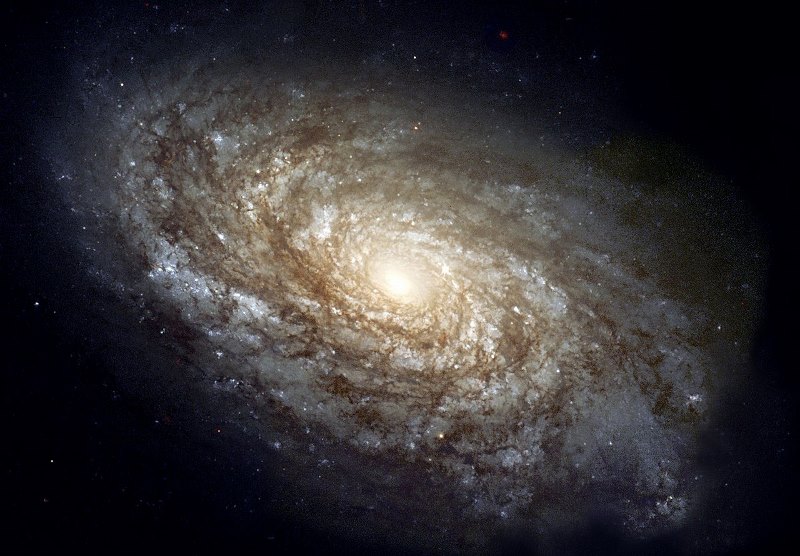
2 thoughts on “What Being an Atheist Means To Me”
Nous sommes des poussières d’étoiles et nous le redeviendront. C’est suffisant.
Je pense que c’est en fait une belle fin.